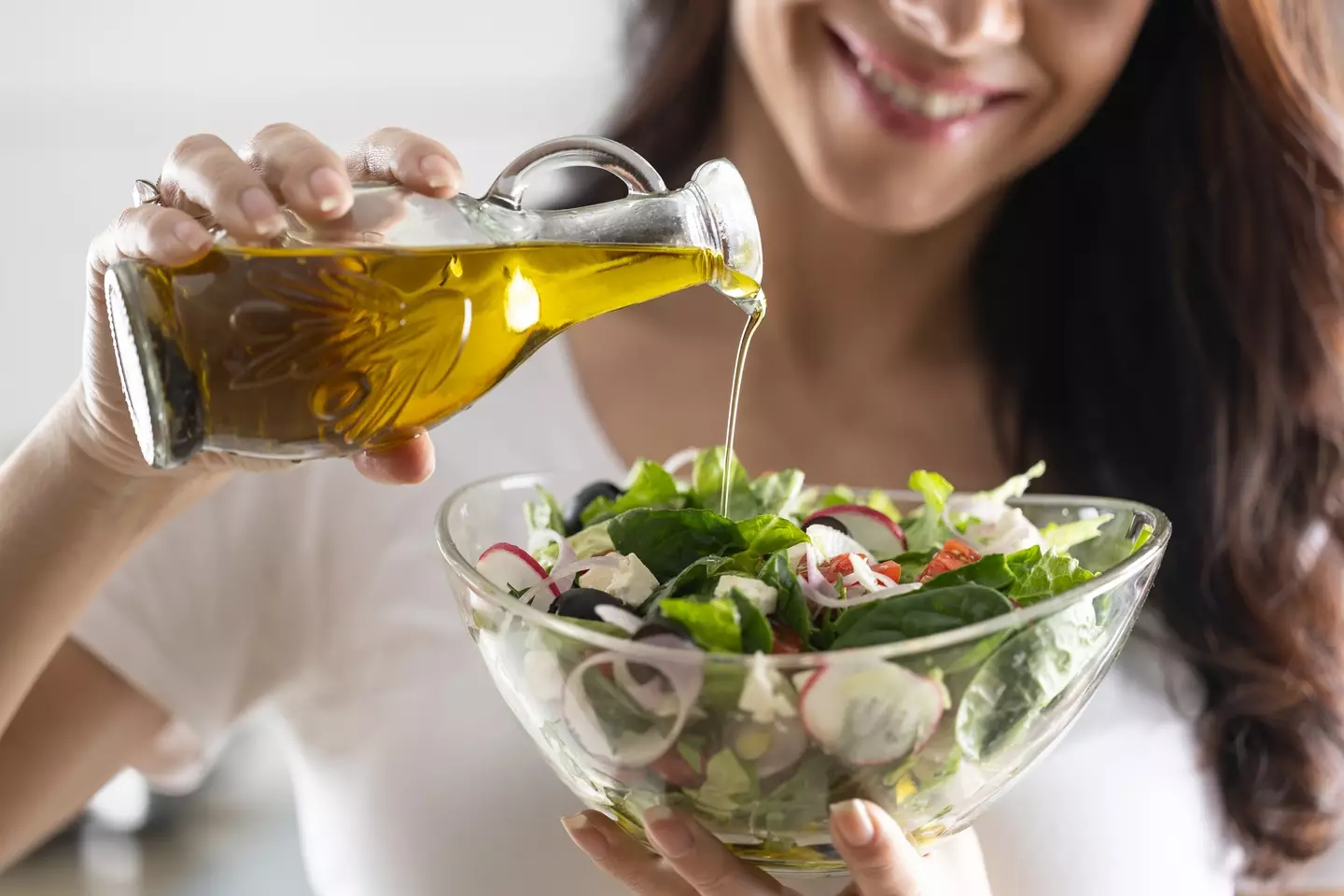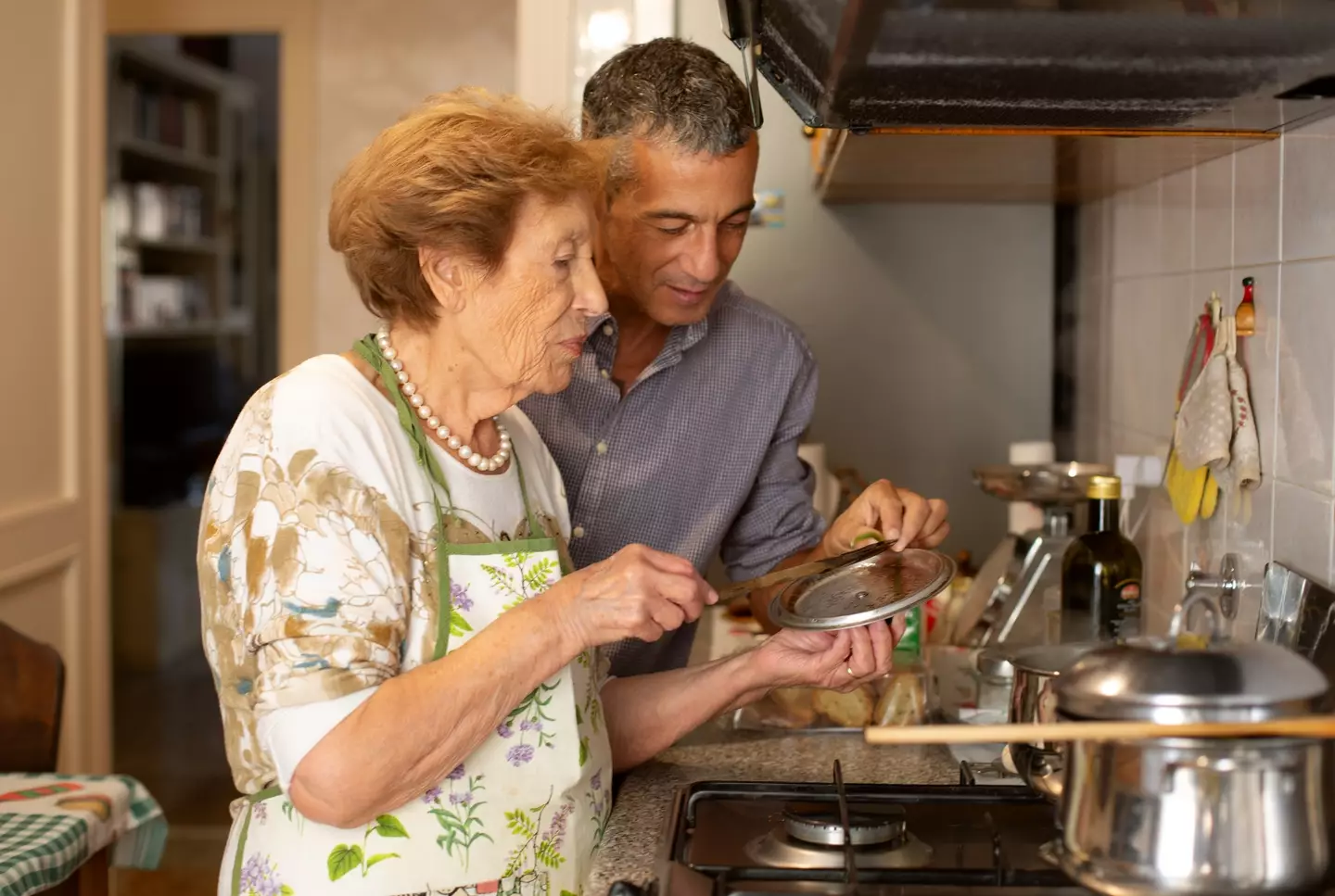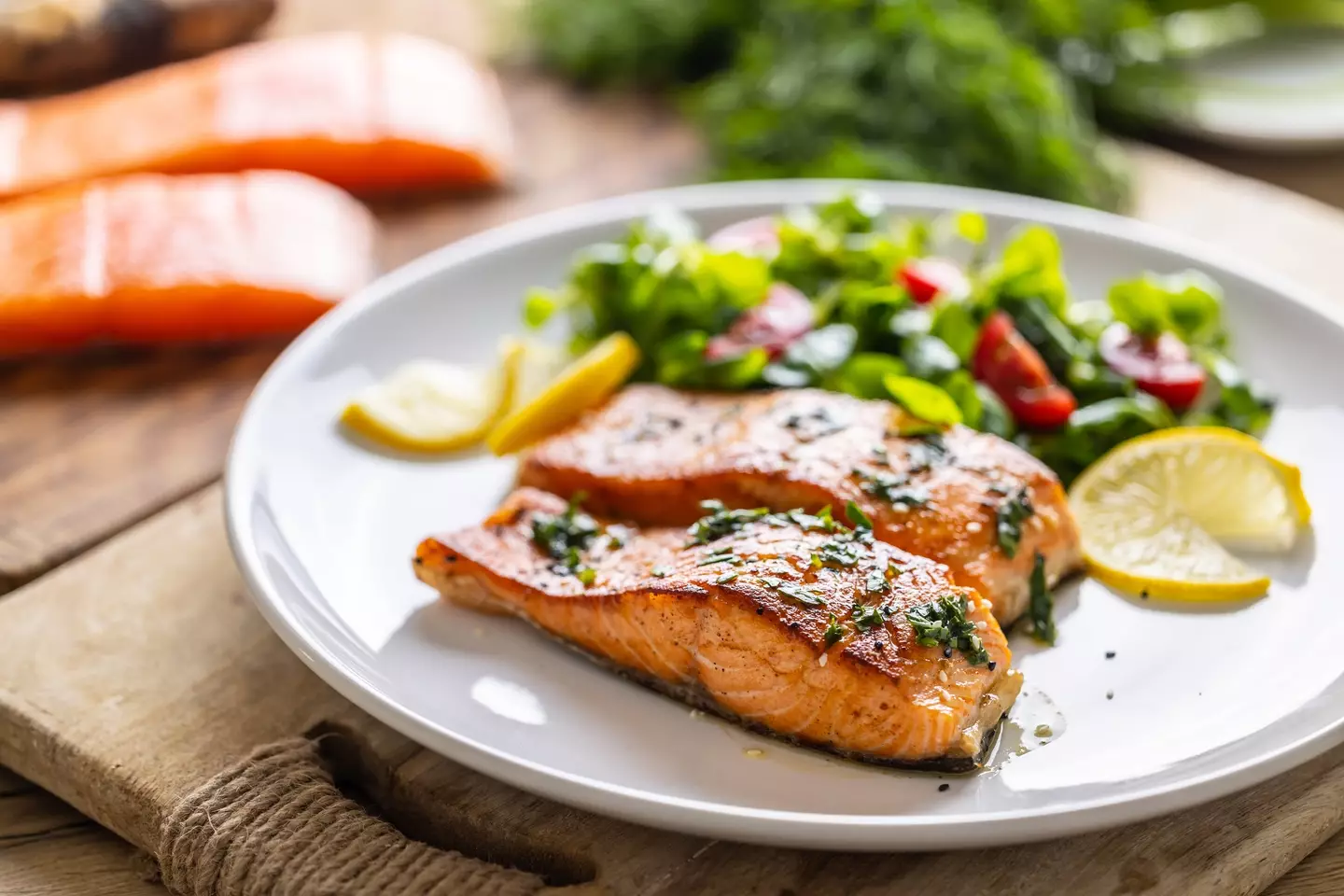.jpg%3Fcrop%3D2120%2C1193%2Cx0%2Cy139)
Getting lost in the sauce with fad diets is usually a good route to disappointment, and it’s often a better idea to look at longstanding dietary setups if you want something effective, sustainable and realistic to live on.
To that end, there are few better than the Mediterranean diet. Primarily focused on plants, the diet involves fresh fruit and vegetables, whole grains, legumes and pulses, nuts, and olive oil. Moderate amounts of fish, poultry, and other meats are also fair game if you’re so inclined.
Essentially, it’s a highly-fibrous and highly-nutritious template to follow that’s recommended for just about everyone looking to eat more healthily. Sardinia, one of the world’s legendary Blue Zones where locals are unusually likely to reach 100 years old, is full of Mediterranean diet adherents.

Advert
Exploring the wonders of Mediterranean cuisine for herself, particularly in terms of how older women in the region approach traditional food, journalist and author Anastasia Miari encountered myriad pearls of wisdom whilst compiling her latest book, Mediterranea: Life-perfected Recipes from Grandmothers of the Mediterranean.
Miari wrote in Condé Nast Traveller to share some of the main commonalities between these traditional home cooks.
“Though meat is now very much a commodity, Mediterranea is packed with vegetarian and vegan options, purely because the nonnas of the Mediterranean have always eaten in this way,” she said. “Given the current demands on our climate and the obvious health benefits, it makes a lot of sense to cook meat as these women do, and seek out good quality, grass-fed and slow-grown options from a local butcher.”

That focus on locality and freshness spans not just meat but just about everything else appearing on these nonnas’ plates.
Miari continued: “On produce, most of us are incredibly privileged to have ingredients available to us year-round but you will never catch my Yiayia eating fresh tomatoes in November. First, they won’t taste good. Second, it’s really not the most sustainable way to eat.
“Tomatoes just do not taste the same in winter and the only tomatoes Italian nonnas are using in their cooking during the winter months are jarred tomatoes that they have preserved themselves in the bounteous summer months.
“In Sicily, Nonna Carmela taught me how to make her famous pasta alla norma with aubergines and a passata made and stored from her 90-kilo batch of summer tomatoes, grown around her summer home in the countryside, outside of Catania. All Mediterranean grandmothers tend to stick by the ‘eat local, eat seasonal’ rule and it applies to all fruit and veg – not just tomatoes.”

It’s good practice for your palate, the climate, the local economy and for minimising waste, and it seems the nonnas of the Mediterranean have had that code cracked for some time.
“The dishes within the pages of my book taste best when cooked at the right time of year, so please, look to hearty pulses, soups and stews in the winter and the light, bright dishes featuring fresh tomatoes, aubergines and courgettes in the summer months.”
Mediterranea: Life-perfected Recipes from Grandmothers of the Mediterranean is available at Amazon and, hopefully, your local independent bookstores too.
